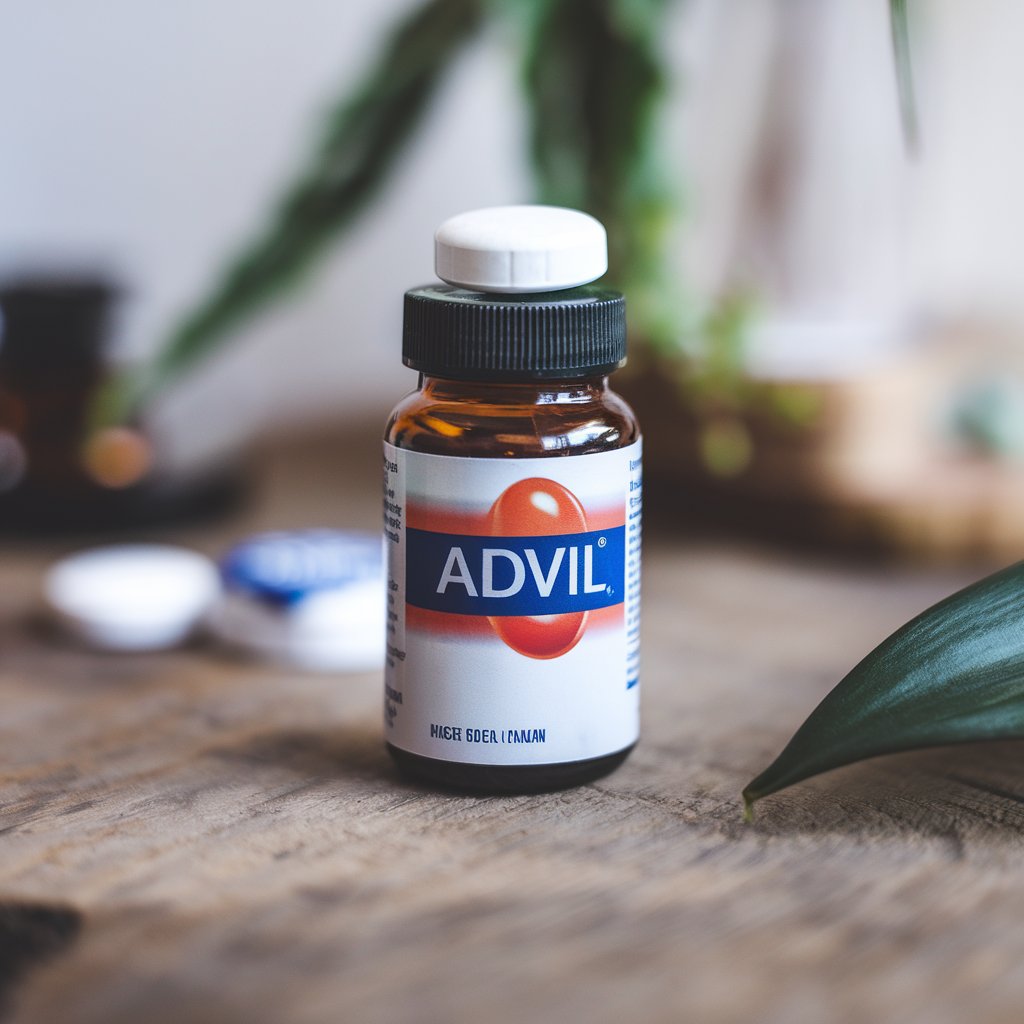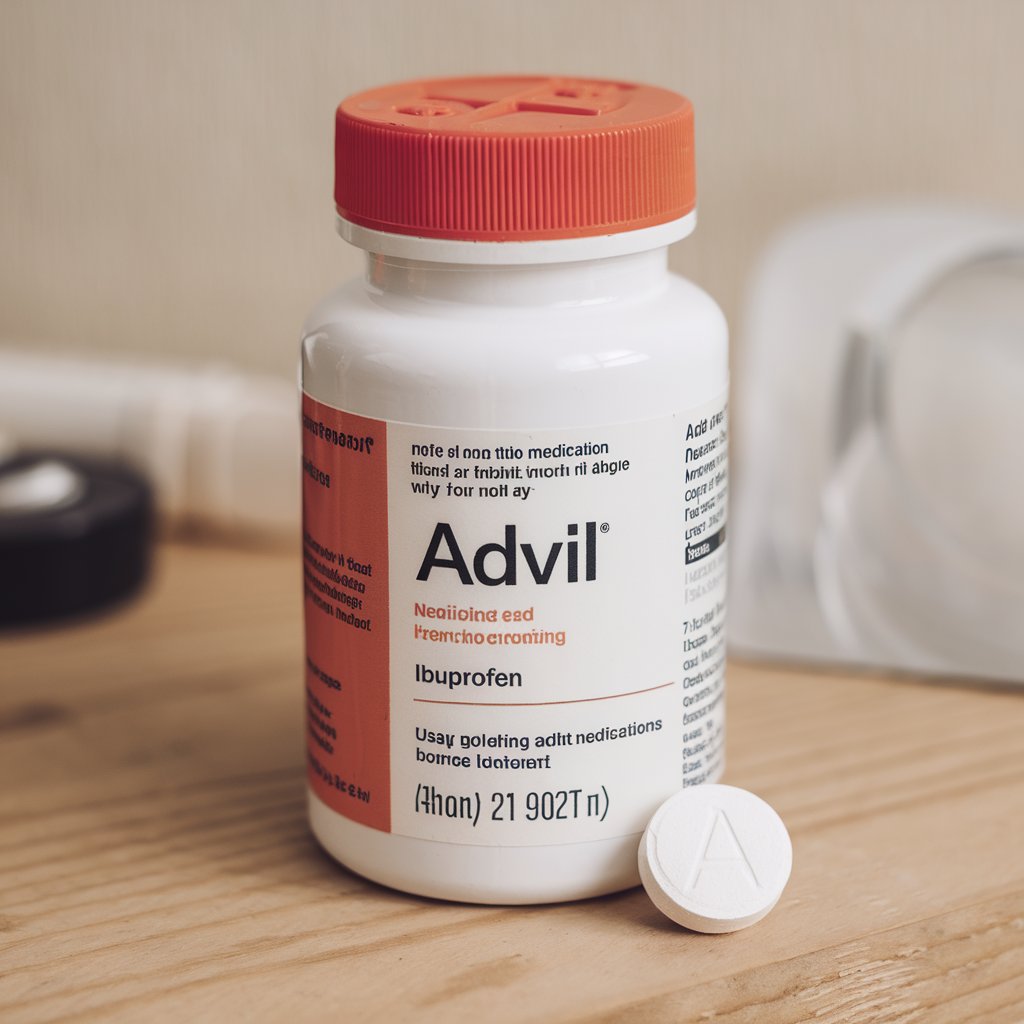Table of Contents
If you’ve ever reached for Advil to relieve pain, you might have wondered, “How long does Advil last?” Knowing the duration of Advil’s effectiveness can help you manage your pain more effectively. This article will explore how long Advil lasts, how it works, and tips for getting the most out of this common medication.
What is Advil?

Understanding Advil
Advil is a well-known brand of ibuprofen, a type of pain reliever. It falls under a group of drugs called nonsteroidal anti-inflammatory drugs (NSAIDs). NSAIDs function by obstructing pain and decreasing inflammation. Advil is commonly used to treat various conditions, including headaches, muscle aches, toothaches, and even fever.
How Advil Works
To grasp how long Advil lasts, it’s helpful to understand how it works. Advil interferes with the production of certain chemicals in the body that cause inflammation and pain. When you take Advil, it gets absorbed into your bloodstream and starts to work within about 30 minutes to an hour. This quick onset is why Advil is effective for immediate relief.
How Long Does Advil Last?
Duration of Pain Relief
So, how long does Advil last? A single dose of Advil typically provides relief for 4 to 6 hours. This time frame is influenced by various factors, including your response to the medication and the type of pain you’re experiencing.
Factors Influencing Duration
Several factors can impact how long Advil lasts in your system:
- Dosage: A higher dose of Advil might last slightly longer, but it’s essential to stick to the recommended dose to avoid side effects.
- Metabolism: If you have a fast metabolism, Advil might be processed quicker in your body, leading to a shorter duration of relief.
- Age and Weight: Younger individuals and those with a higher body weight may experience a more prolonged effect from Advil.
- Severity of Pain: Intense pain may cause Advil to wear off faster as your body might require more relief.
How to Maximize Advil’s Effectiveness
Tips for Using Advil
To get the best results from Advil, follow these tips:
- Take It with Food: Taking Advil with food or milk can help prevent stomach irritation and improve absorption.
- Stay Hydrated: Drinking water helps Advil dissolve and be absorbed more effectively.
- Follow Dosage Instructions: adhere to the recommended dosage on the label or as your doctor advises. Administering over the prescribed dosage may result in adverse reactions.
Re-Dosing Advice
If your pain persists and you need to take another dose, wait at least 4 hours between doses. Do not exceed the maximum daily dose, usually 1,200 mg (or six 200 mg tablets), unless advised otherwise by a healthcare provider.
How Long Does Advil Stay in Your System?

The Half-Life of Advil
Even after Advil’s effects wear off, it doesn’t disappear from your body right away. The half-life of Advil is around 2 to 4 hours. Half of the Advil is eliminated from your body within this time frame. It generally takes about 24 hours for Advil to be fully cleared from your system.
Drug Interactions
If you take other medications, check with your doctor or pharmacist to avoid interactions. Certain drugs, especially blood thinners or other NSAIDs, can interact with Advil and increase the risk of side effects.
Can You Use Advil Daily?
Risks of Long-Term Use
While Advil is effective for occasional use, taking it daily can pose risks. Long-term use of Advil can lead to serious health issues such as stomach ulcers, kidney damage, and high blood pressure. It’s best to use Advil only when needed and consult your doctor if you require regular pain relief.
Alternatives to Advil
Other Pain Relief Options
If you find yourself needing pain relief frequently, consider exploring alternatives:
- Acetaminophen: Another common over-the-counter pain reliever that works differently from Advil.
- Lifestyle Changes: Sometimes, pain can be managed through lifestyle changes like exercise, stress management, and healthy eating.
- Physical Therapy: Physical therapy can help strengthen muscles and reduce discomfort for chronic pain.
When to See a Doctor
If you’re frequently using Advil or any other pain reliever, it’s essential to consult a healthcare provider. They can help determine the underlying cause of your pain and recommend appropriate treatments.
What Affects the Duration of Advil?
Several factors can impact how long Advil remains effective in your body:
- Individual Factors: Your age, weight, and overall health can influence how quickly Advil is metabolized. Younger, healthier individuals may find that Advil lasts longer, while older adults or those with certain health conditions may experience shorter durations of relief.
- Other medications: If you’re taking other drugs, they may interact with Advil and affect how long it lasts. Always inform your healthcare provider about all your medications to avoid any potential interactions.
- Health Conditions: Conditions like kidney disease or liver issues can impact how long Advil stays in your system. If you have any underlying health conditions, consult your doctor to determine the safest dosage.
Also read: Yoga at Home: Transform Your Space, Elevate Your Spirit.
In summary, how long does Advil last? Generally, Advil provides pain relief for about 4 to 6 hours. Understanding the duration of Advil’s effectiveness and how to use it properly can help you manage your pain more effectively. Remember to follow dosage instructions, stay hydrated, and use Advil only as needed to avoid potential risks.





